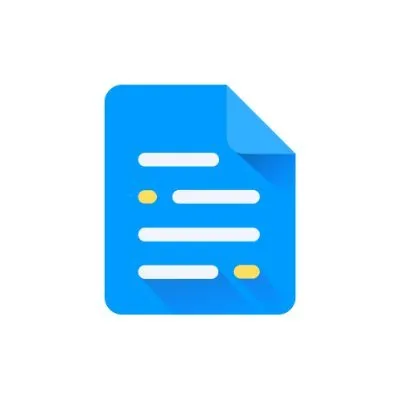Documint is a powerful tool for programmatically generating, managing, and customizing PDF documents via an API. By integrating with Relevance AI, you can automate workflows and leverage AI Agents to create dynamic documents tailored to your needs.


Documint empowers users to generate and manage PDF documents effortlessly through its API. With Relevance AI, you can elevate this process by incorporating AI Agents that automate decision-making and streamline document creation.
Document Processing Mastery
AI agent gains advanced capabilities to convert, manipulate, and process multiple document formats with enterprise-grade precision
Secure Information Handling
Enhanced ability to process sensitive documents while maintaining compliance and security protocols through enterprise-grade encryption
Automated Insight Extraction
Seamless extraction and analysis of key information from documents using advanced OCR and content recognition capabilities
Relevance AI seamlessly integrates with Documint to enhance your document workflows with intelligent automation.
What you’ll need
You don't need to be a developer to set up this integration. Follow this simple guide to get started:
- A Documint account
- A Relevance AI account with access to your project and datasets
- Authorization (you'll connect securely using API keys—no sensitive info stored manually)
Security & Reliability
The integration between Documint and Relevance AI allows you to programmatically generate, manage, and customize PDF documents through a powerful API interface. This integration automates document generation from templates while leveraging Relevance AI's workflow capabilities.
With automated PDF generation from templates, secure OAuth-based authentication, and RESTful API integration, you can easily create dynamic documents by mapping custom variables.
To get started, ensure you have a Documint account with API access, a Relevance AI account with the appropriate access level, and OAuth credentials for authentication. Your environment should support Node.js 12.x or higher and be HTTPS-enabled.
Once set up, you can list available templates, create documents from templates, and make custom API calls seamlessly. For example, you can retrieve a list of templates using a simple GET request, or create a document by specifying the template ID and required variables.
In case of common issues like authentication errors or template not found errors, ensure your OAuth account ID is correct and that you have access to the necessary templates. Implementing error handling and response validation will help maintain smooth operations.
For further assistance, refer to the Documint API documentation, OAuth configuration guide, and template management interface. For additional support, contact Documint support or consult the Relevance AI documentation portal.
No training on your data
Your data remains private and is never utilized for model training purposes.
Security first
We never store anything we don’t need to. The inputs or outputs of your tools are never stored.

To get the most out of the 0CodeKit + Relevance AI integration without writing code:
- Start with a clear setup: Ensure your 0CodeKit account is properly configured with the necessary OAuth credentials and permissions.
- Utilize example code: Leverage the provided code snippets for PDF compression and barcode reading to jumpstart your integration.
- Validate inputs: Always check your input parameters for correctness before making API calls to avoid unnecessary errors.
- Test with sample data: Run your automations using test PDFs and images to ensure everything works smoothly before going live.
- Monitor API usage: Keep an eye on your API calls to avoid hitting rate limits, and implement caching where appropriate.









